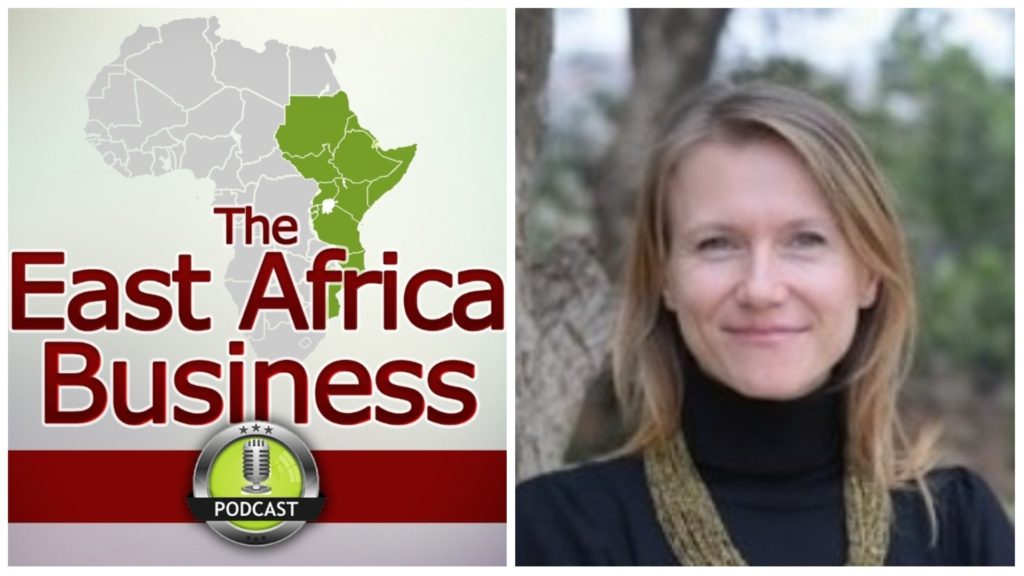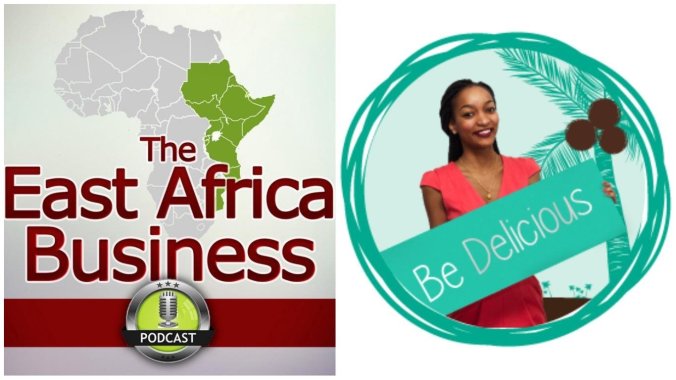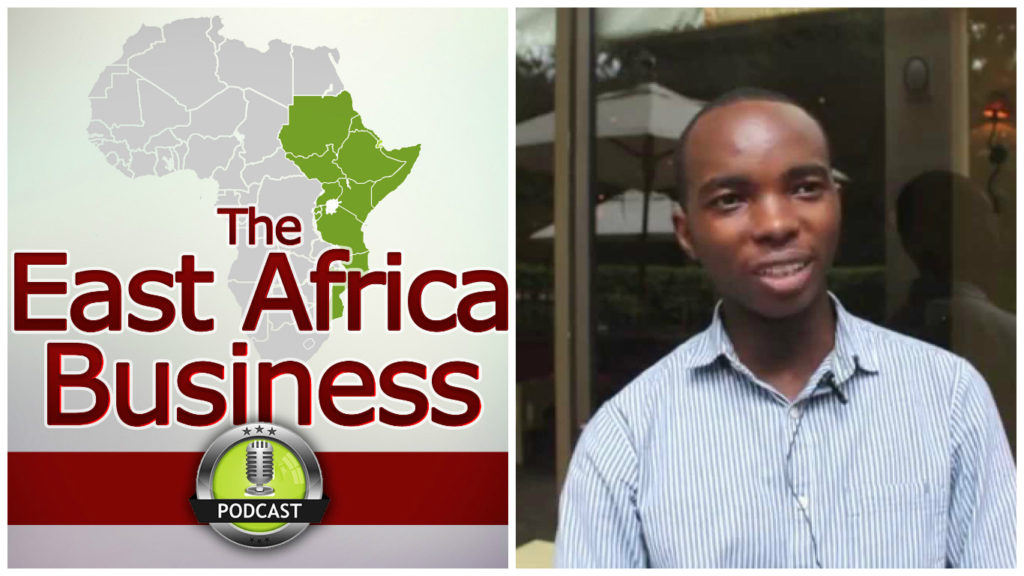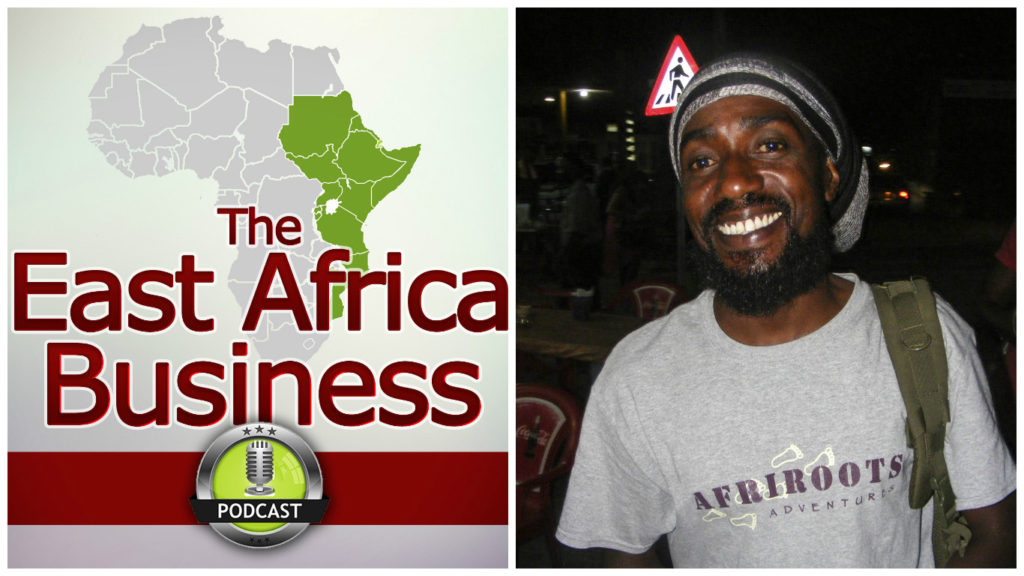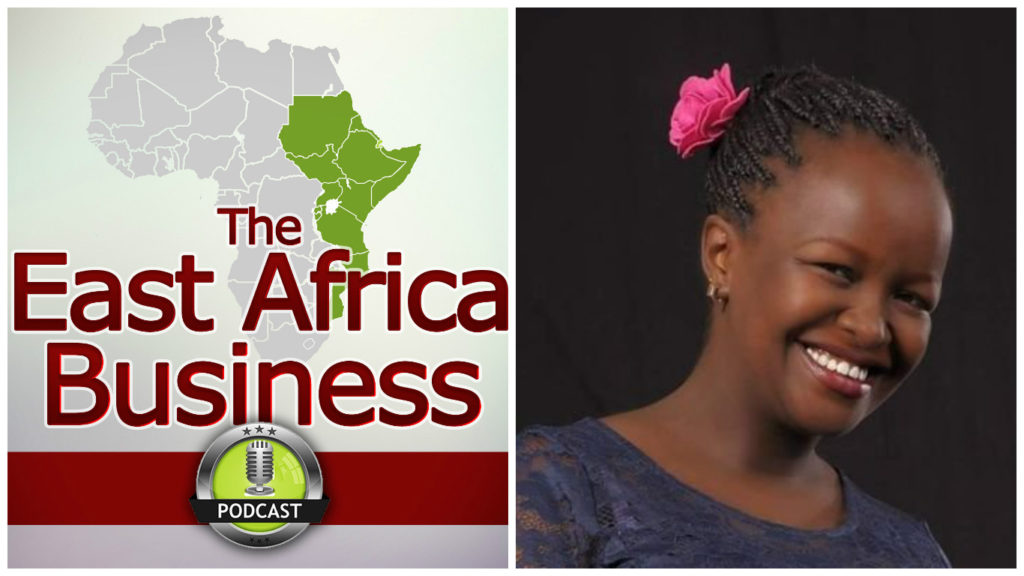Overview
There are certain products which, let’s face it, are more embarrassing to purchase than others.
You don’t think twice about buying a pint of milk, however things such as contraceptives, or sanitary items make you a bit more self-conscious, especially if you’re an awkward teenage girl.
Kasha an enterprise in Rwanda, started by solving the very discrete problem around girls accessing to affordable, quality sanitary items which can cause long-standing societal issues, such as school drop-out, if not solved.
Sign up below to hear whenever there are new stories and episodes released on the podcast
They are now running an ecommerce platform delivering female products throughout East Africa to women on all levels of the social spectrum.
Joanna, the CEO and I discuss the different customer segments they have on Kasha,the mechanisms by which they reach their users,and how their B2B offering of data-backed insights is funding those customers typically overlooked as unprofitable.
We conducted this interview in Joanna’s office, in Kigali and near the end, there was a huge downpour of rain which you can hear in the background.It doesn’t distort the interview, and if anything brings you closer to appreciating the changing microclimates of Rwanda, but just a heads up, in case you’re wondering.
For now though, let’s get started on this great episode with Joanna.
Kasha is a social enterprise based from Rwanda, but which is soon expanding to Kenya, and then beyond.
Joanna started her career at Microsoft, and then at Gates Foundation, the latter being an early sponsor of a pilot they were running.
The mission driving Kasha is that no girl should be prevented from access affordable, quality healthcare products.
This means having various channels for the different customer types, based on their income, but more importantly geography: we spend time discussing the various routes to market needed for both urban and rural delivery.
More recently Kasha has moved into other products that females wish to buy, namely in the beauty section.
The business makes money from various channels, one of which is the insights and feedback possible from their rural customer base. Companies such as Unilever have no way to get such feedback, and so the Kasha platform is able to provide.
Lessons and Insights
Biggest learning: even though we’re e-commerce, a call centre is incredibly important in building trust.
Biggest insight: “Bottom of the Pyramid” customers are even more aspirational than I imagined.
Social media etc.
Website: http://kasha.co
Twitter: KashaRwanda
Instagram: kasharwanda
Facebook: kasharw
